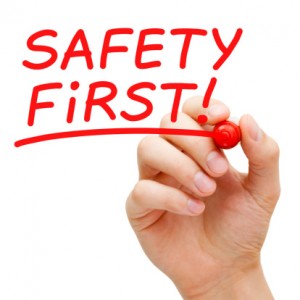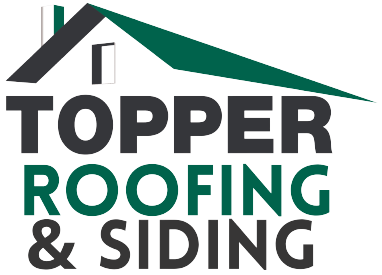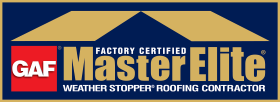
Generally speaking, homeowners are not responsible for roofing contractors while they are up on a roof.
If you’re a homeowner, you might not know everything there is to know about making repairs on a residential roof. Even if you are an avid do-it-yourself practitioner who feels comfortable working on your home’s roof, sometimes you will need to rely on professional contractors. But accidents happen, and even the best roofing contractors can fall off and sustain injuries. Generally speaking, homeowners are not responsible for roofing contractors while they are up on a roof. So what can you do to limit liability in case of negligence?
Ask for Licensing and Proof of Insurance
First of all, make sure your chosen contractors are licensed and insured to perform roof repairs. All roofing professionals need licensing and proof of insurance. You can protect yourself and the contractors against any liability this way, so even if a friend or neighbor offers help, don’t be so quick to accept their services.
No Tools or Equipment
Next, don’t provide your roofing contractors with any tools or equipment. They should bring everything they need with them, or be able to get them without asking you. It may seem courteous to let them you use your personal tools, but if the tool breaks or causes some injury or mishap, you will be held accountable. The best contractors will always have plenty of tools and keep their equipment in pristine condition.
Ensure Their Safety
Before your roofing contractors start any work, make sure their work area is as safe as possible. If you are aware of any risks that could endanger them, be sure to address these risks and minimize any potential harm to you or the contractors. For example, consider your skylights. Are they loose? Let your contractors know before they climb up onto your roof. Notification is the least you can do, especially if you are short on time or if the roofing contractors are due to perform emergency repairs. You should also be as forthcoming as possible about anything on your roof you are unable to fix by yourself as one step towards providing proper documentation.
Keep Track of Documentation
Examine the contract you drew up with your roofing contractors. Does the contract contain a clause relating to liability releases? If there isn’t try to update the contract to reflect this request. You should also provide a written summary of the meeting in which you explained what problems with your roof you couldn’t fix. It’s important to have everything in writing, which is considered valid proof that an agreement happened – if it’s only a verbal agreement, they can dispute it if anything happens.
Contact Topper Construction Today!
If you’re interested in getting some roofing work done or siding installed in your home, or would like a free estimate, contact Topper Construction. With Topper Construction, you’ll see the benefit of nearly three decades of experience. Contact Topper Construction at 301-874-0220 or email us at info@topperconstruction.com if you are interested in learning more. We can help you with projects in Delaware, Maryland, Pennsylvania, West Virginia, and Northern Virginia.





